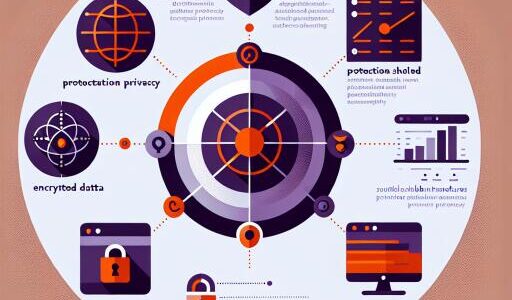BANGERS, BEGONE!
The forthcoming cessation of 2G network services heralds a significant shift in telecommunications, impacting a broad spectrum of users—from the elderly to tradespeople and even those involved in less savory activities, such as lottery scams. This move by Flow to decommission its 2G services spells the end of the line for devices known colloquially as ‘bangers,’ which have been a stalwart of certain demographics due to their simplicity and robustness.
As Flow sets the stage to upgrade its network, customers clinging to 2G-only devices find themselves at a crossroads. The closing of this technological chapter on April 15 means that users with these older devices must transition to newer technologies capable of accessing 3G, LTE, and 4G networks if they wish to maintain mobile services.
While the exact number of customers facing this disruption remains undisclosed, the change is poised to affect a variety of uses—including not only the ubiquitous ‘banger’ phones but also specialized equipment like gate openers, vehicle trackers, and various point-of-sale systems reliant on the now-obsolete 2G network.
This strategic phase-out aligns with global telecommunications trends aiming for enhanced connectivity via more advanced technology. Despite having signaled this shift since September 2022, the actual process of decommissioning has paced behind schedule, offering users additional time to adapt. However, readiness varies, with some users unprepared for the imminent change and concerned over the implications for their daily operations.
Among them, a mechanic fondly attached to his rugged and reliable Nokia ‘banger’ expresses apprehension over transitioning to more fragile smartphones prone to damage in his line of work. Similarly, concerns bubble up from the elder community, recognized for their reliance on these accessible devices. Advocates highlight the urgent need for clear, considerate communication and affordable handset options to ensure the vulnerable are not left disconnected in this rapid technological evolution.
Meanwhile, the business sector braces for impact, notably those reliant on 2G for operational functionalities like electronic gate and car tracking services. The necessity to upgrade devices introduces an added economic layer, affecting both service providers and end-users.
On the brighter side, law enforcement sees this technological pivot as a potential handicap to illicit activities, particularly lottery scamming—a crime notoriously facilitated by the anonymity and disposability offered by ‘banger’ phones. While acknowledging that malevolent actors may find alternatives, the optimism remains that this shift may momentarily disrupt nefarious operations.
However, the landscape of lottery scamming has evolved, with perpetrators leveraging advanced technologies to bypass traditional limitations. This underscores a persistent arms race between criminal ingenuity and cybersecurity measures. Meanwhile, payment technologies like CashApp and PayPal emerge as the new conduits for illicit transactions, sidestepping the increasingly vigilant remittance services.
In concert with Flow’s initiative, Digicel also charts a course towards decommissioning its 2G network by the end of August, a testament to the industry’s unanimous march towards modernity. Highlighting a commitment to sustainability, the move away from 2G is also celebrated as a step towards reducing the carbon footprint, propelled by the energy efficiency of contemporary network technologies.
With the 2G sunset nearing, both telecommunications giants encourage customers to proactively seek upgrades, ensuring continuity in connectivity. As the curtain falls on this era of mobile communication, the transition ushers in not only technological advancements but also challenges and opportunities for adaptation across the societal spectrum.










